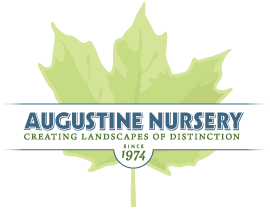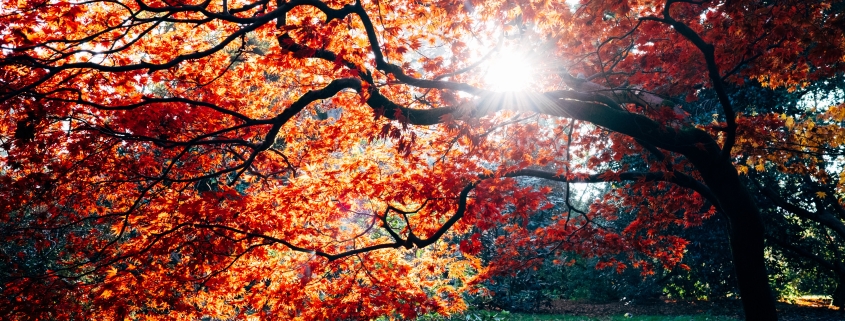Leaving Your Falling Leaves Alone
We are in full leaf falling season and the perennial question of “To rake or not to rake” is once again upon us. Leaf clean up is a big deal in our neck of the woods. And, there are a growing number of people who believe leaves are better left where they lie. Most people rake their leaves because they were taught that leaves suffocate the lawn. They also don’t want to put up with the upset of their neighbors who do keep their lawns completely free of leaves. Yet, the activity of raking leaves make most people feel like Sisyphus with his boulder. Which faction is correct?
The Reasons to Leave Your Leaves on the Lawn
- By removing the leaves year after year, you are removing vital nutrients from your lawn. Most people are unaware that there are beneficial fungi that thrive from decomposing leaf matter in the lawn. One of these fungi call Mycorrhizal fungi thrive on decomposing plant matter, helping to exchange nutrients and fight off other harmful fungi and bacteria.
- Leaves form a natural mulch that helps suppress weeds.
- The gas-powered leaf blowers that most homeowners user are not only noisy, but their emissions are terrible for the environment.
- Some animal species in our area such as turtles, chipmunks, and earthworms rely on leaf layers for insulation against the winter weather.
The Reasons to Rake Your Leaves Up
- If you leave lots of leaves on your lawn over winter, in spring the decomposing leaves will block the light, making it harder for the new grass to grow.
- Bugs like gnats will flourish in wet decomposing leaves. As will many molds and fungi, some of which may be harmful to your lawn or the plants in your landscape.
- When you go to clean up leaves in spring, they are no longer easily raked up.
- Your neighbors will appreciate your tidy lawn.
The Best of Both Worlds
Instead of raking the leaves, here are two alternatives to please both nature and neighbor lovers.
- Mow leaves in place. When the leaves become dry and crunchy do your last mow of the season. This both makes them less conspicuous on your lawn and ensures that you won’t have deep leaf areas that will harm your lawn in the spring. It’s an environmentally friendlier way to leave leaves on the lawn for healthier spring growth.
- If you have an abundance of leaves and want to look less unkempt for the neighbors, spread those mulched leaves over your flower and vegetable beds or around trees to build soil fertility and inhibit spring weeds.




